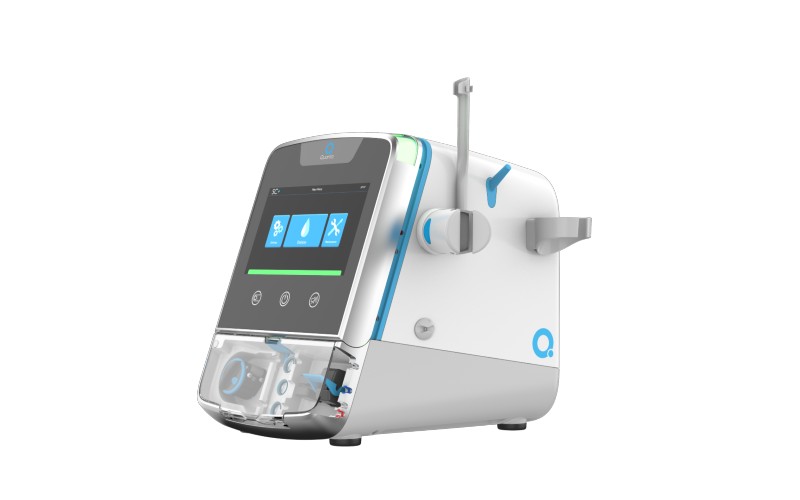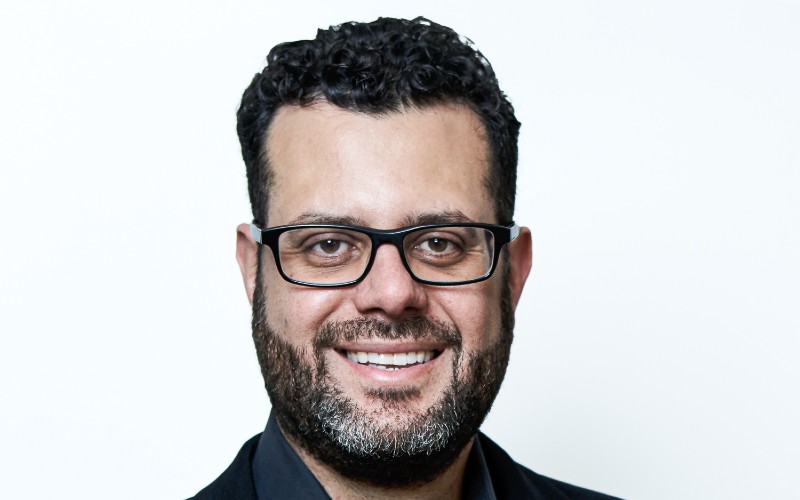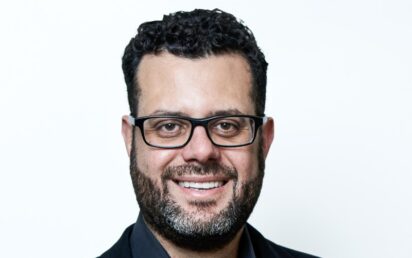A cancer diagnosis is among the most devastating sentences a person can hear.
Yet this most dreaded of diseases is actually less deadly than another less obvious killer: kidney failure.
“You know, the typical patient initiating dialysis therapy in the United States will have a worse survival expectation than patients diagnosed with most forms of metastatic cancer,” Quanta Dialysis Technologies CEO John E. Milad tells me. “You’re better off having cancer than kidney failure.”
Delivered by huge machines and an army of skilled professionals in bricks-and-mortar clinics, a typical person undergoing renal replacement therapy will spend 3-4 hours, three times a week, having their blood cleaned of toxins and excess fluid drained away.
An astonishing $37 billion a year is spent in the US alone delivering dialysis therapy. According to Milad, between 7-10% of the budget at the Centers for Medicare & Medicaid Services – a federal agency and largest payer for health services – goes towards managing these patients.
“It’s an insane amount of money,” the American tells BusinessCloud. “Yet the clinical outcomes are so poor.
“It’s expensive to have this big fixed-cost installation, so the delivery model has this tension of ‘I want to get people treated sufficiently well, but we can’t afford to over-treat them’. The whole industry is built around this concept of adequacy – to just get the adequate clearance of toxins and removal of excess fluid.
“Plus these clinics tend not to be open on Sundays. If you come in on Monday, Wednesday and Friday, Sunday should be the next day that you dialyse – but the clinic’s closed so you wait till Monday. What happens? The patient accumulates even more toxins and fluid.
“A study published in the New England Journal of Medicine found that on Mondays there was a 23% increase in mortality due to this long gap over the weekend. It’s a well-known phenomenon in the industry. But the feeling is: what can you do?
“There’s a sadness and acceptance that this is just what it looks like – and that’s appalling.”
£175m Series D round
Quanta, headquartered in Alcester, Warwickshire, was spun out of Birmingham-based engineering giant IMI plc in 2009. It raised a £175 million Series D investment round last year for its portable hemodialysis system.
Named SC+, it matches the performance and dose equivalence of larger, traditional devices, with an accompanying water purification module allowing dialysis treatments to be delivered in settings with just a standard water supply – such as a patient’s home.

Milad, a founding board member, became CEO in 2014 to help develop the prototype into a scalable commercial device.
“It was compelling – we wanted to address a lot of unmet need by offering a dialysis treatment that operates more like a healthy kidney,” he says. “A kidney functions continuously, 24/7 – it doesn’t just switch on for three hours every other day and then turn off on Sunday.
“The technology allowed us to take all the complex fluidics that are normally managed inside a dialysis machine with heavy complex plumbing and equipment and put it on a small plastic cartridge.
“The machine, which is the size of a microwave, takes purified water and mixes it with concentrates of acid and bicarbonate on the cartridge, and that solution is then run through the dialyser to wash the blood.”
A surgical procedure connecting an artery with a vein – therefore bypassing capillaries – provides an access point for patients or their carers, allowing them to take blood out of one and deliver it back into the other once cleaned.
Patients can either dialyse overnight or in waking hours, at times and a speed which suits them.
COVID emergency
Quanta originally piloted its device in the NHS and in 2020 responded to a call for help following a shortage of dialysis machines, with 30% of ICU COVID patients requiring dialysis.
The devices were placed in hospitals across the country including Royal Berkshire in Reading, Cambridge University Hospitals, Manchester Royal Infirmary, Royal London, Sunderland, Oxford Churchill, Blackpool and Liverpool Heart and Chest.
“We literally saved the day for some hospitals as they otherwise wouldn’t have been able to dialyse those patients,” reflects Milad. “They were also excited to learn that the device fits comfortably into the home as well as a crowded and complex ICU… frail and elderly patients do not need to be moved in this undignified way to and from a clinic several times a week.
“Critical care nurses were able to learn how to use it in 4-6 hours, having never seen it before and with no expertise in dialysis. So we’re really proud of the difference we made there.”
Quanta opened a base in the US last year and is expanding rapidly Stateside following FDA clearance for use in acute and chronic care facilities. It also has clearance in the European Union.
“We’re seeing a massive expansion in demand for more flexible dialysis: bringing the treatments to wherever the patients are – in a hospital, in a skilled nursing facility or at home,” says Milad.
“The NHS say they want to get thousands more patients home on dialysis. Here we are with a solution that can allow that to happen.”


